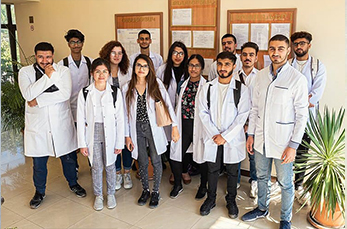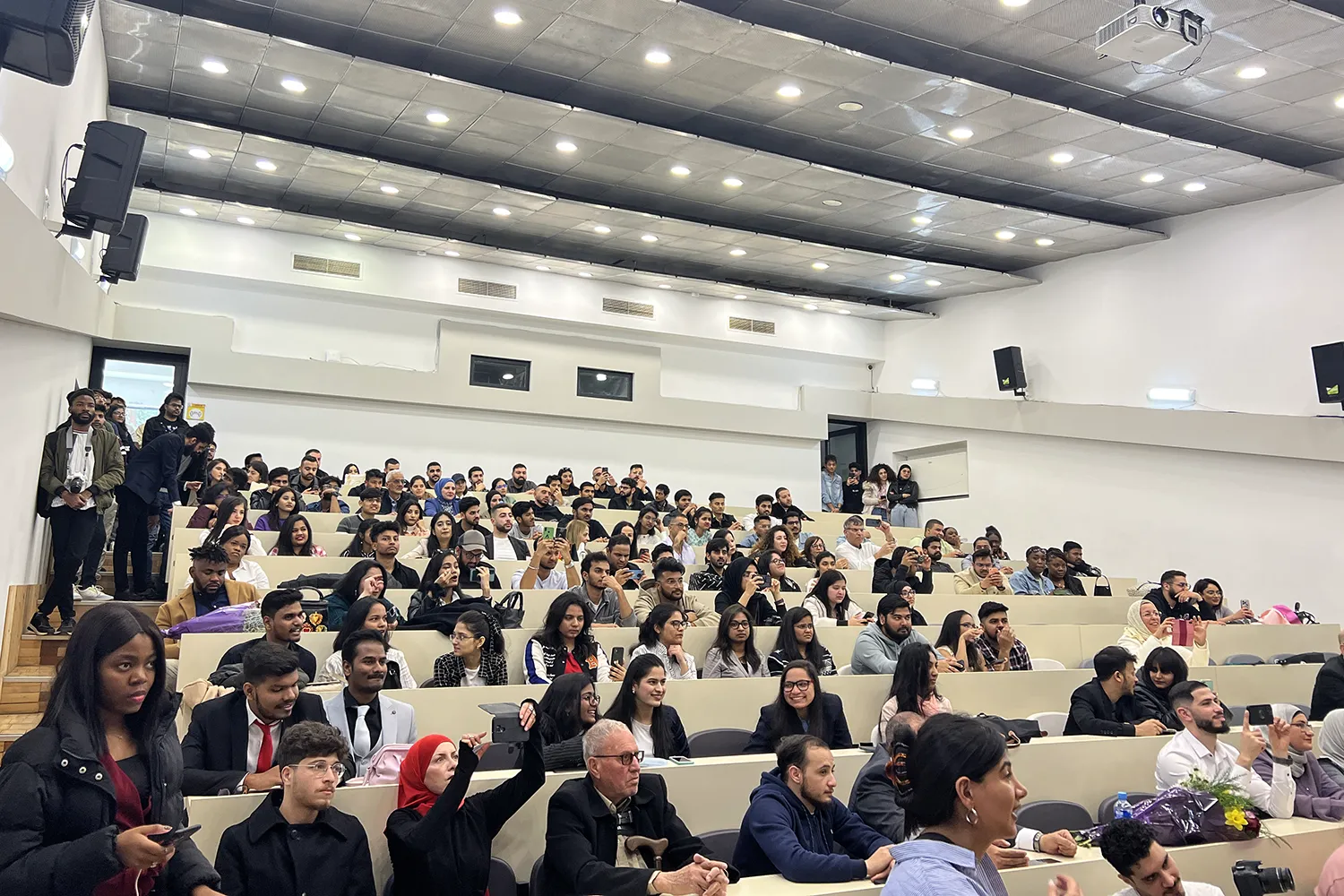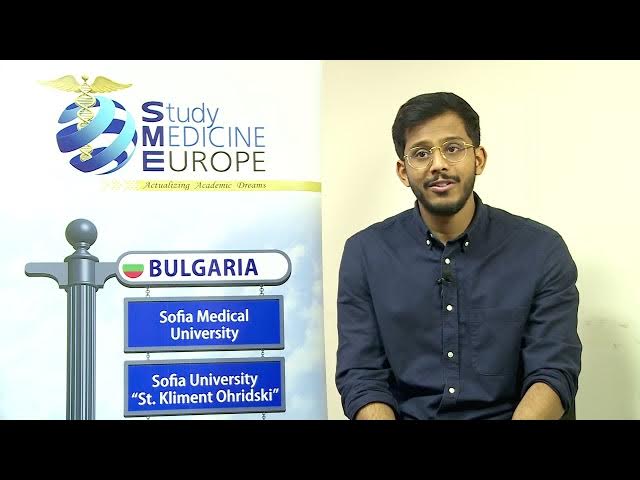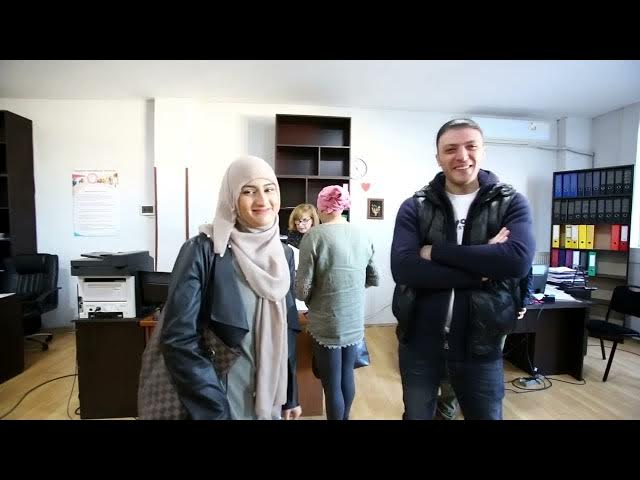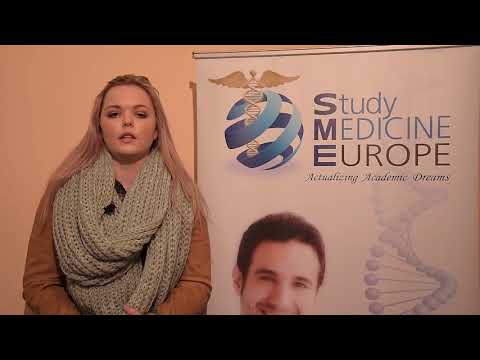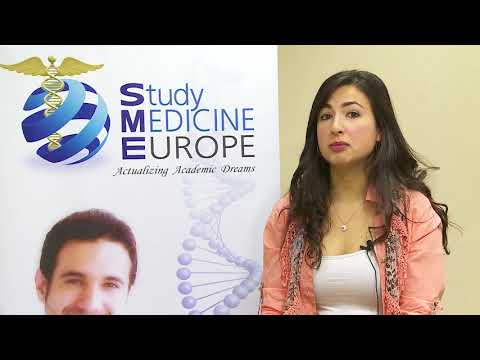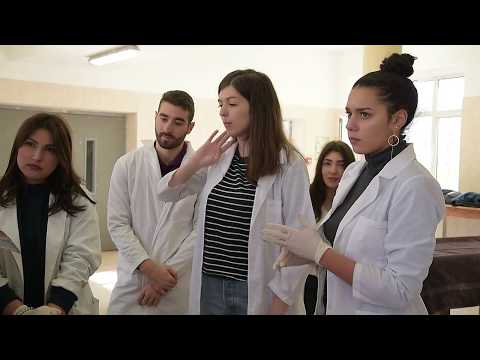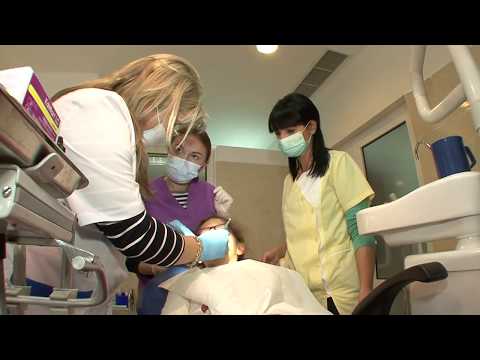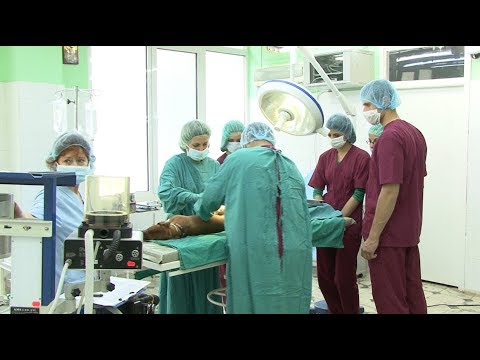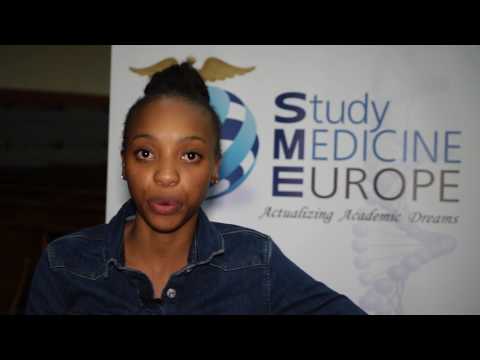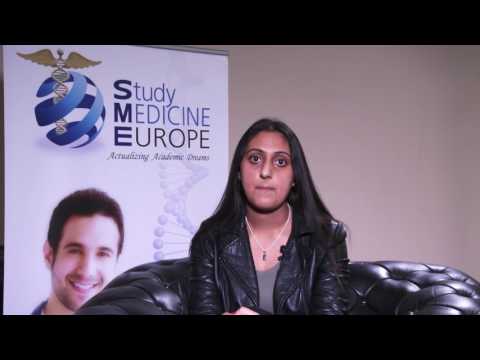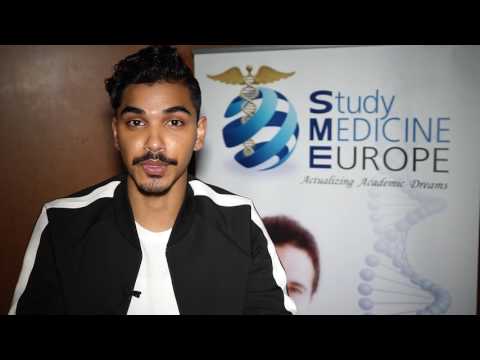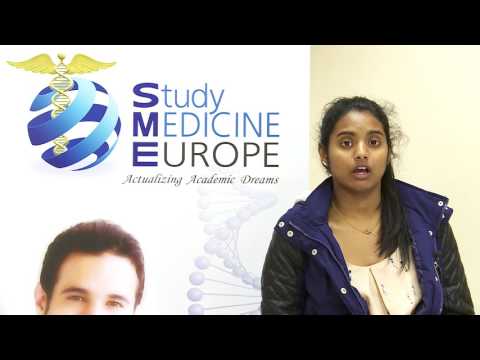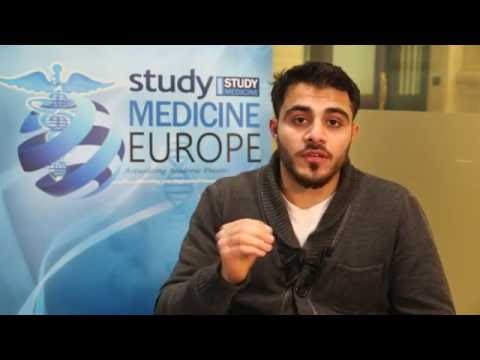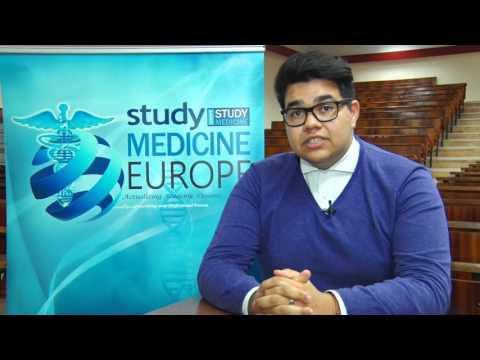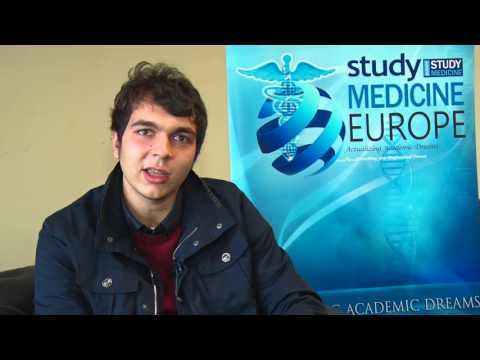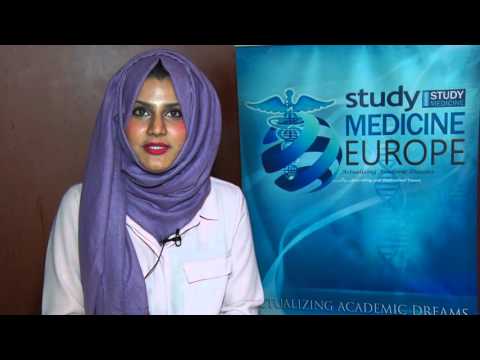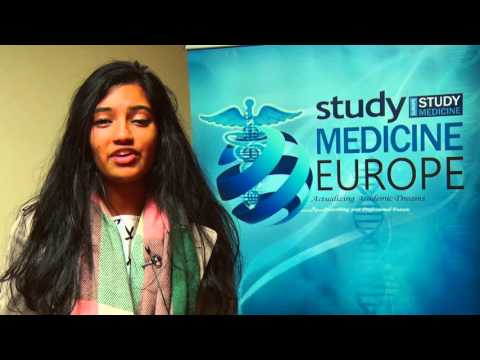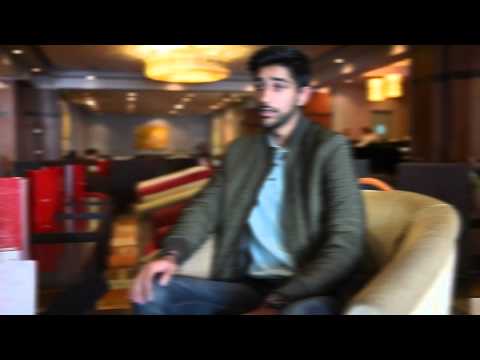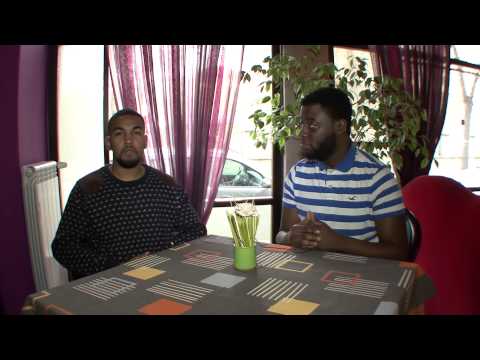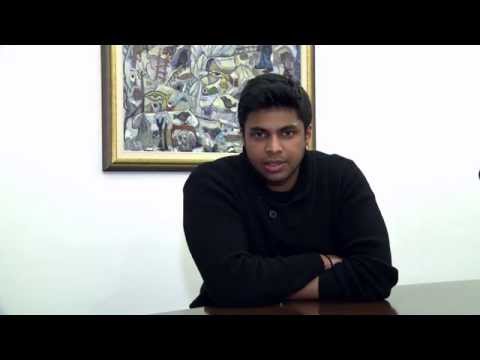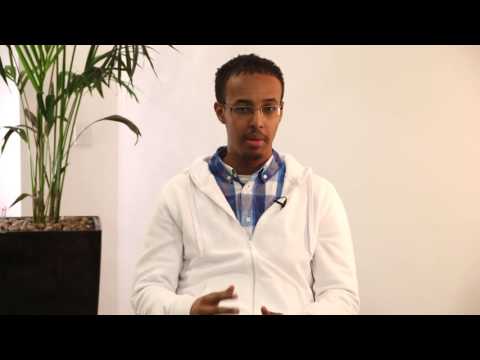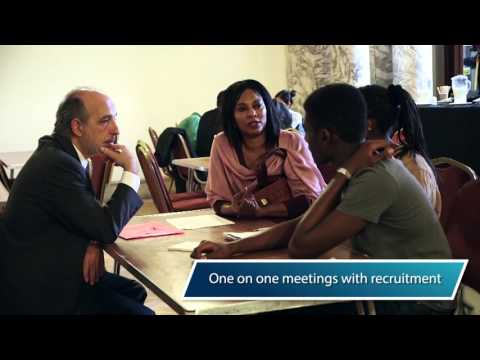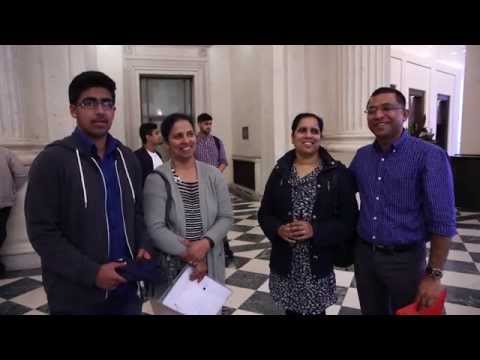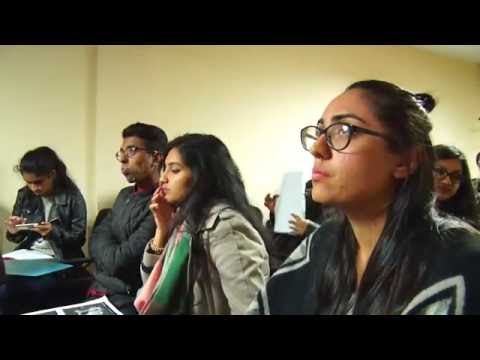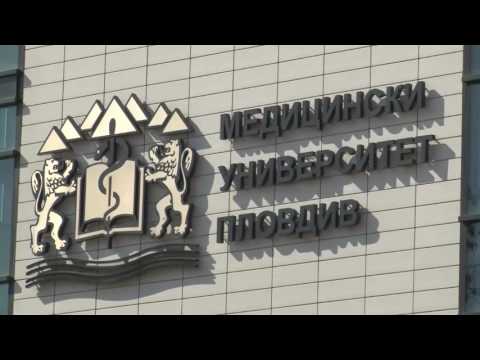Why Study Medicine in English at the University of Belgrade?
Admission
Exams in Biology & Chemistry
Tuition fees
€8,000/year
DURATION
6 Years
Intake
October
Funding
Not Available
Online Option
Not Available
+Why Choose the University of Belgrade?
- The School of Medicine forms part of the University of Belgrade, which was founded in 1808, making it the oldest medical school in the Balkan region.
- It is classed among the world’s top universities by the Academic Ranking of World Universities.
- The teaching staff are renowned for leaving a lasting influence on students and regular internal reviews are conducted so that the standard of teaching and supervision remains consistently high.
- The Medical programme attracts students from all continents of the world and has top-class educational and recreational facilities such as IT rooms, study spaces, restaurants, cafes and an indoor sports hall.
- The University of Belgrade is currently ranked 260th in the Shanghai Academic Ranking of World Universities.
+ What does the Medicine programme involve?
- The medicine course is taught fully in English and lasts for six years.
- The first two years of the programme focus heavily on the basics of clinical practice and theory, with the next four years more focused on clinical study and advanced modules.
- The final year includes a one-year medical internship and you will also need to complete all state exams for licensing.
- Graduates may choose to continue to specialise in Serbia, although their degree and licence will entitle them to work in any country of their choosing.
- Thousands of graduates from Serbian universities practise around the world so the choice is entirely yours, with superb employment opportunities in countries such as the US, the UK and India.
+How much does the programme cost?
| Programme | Programme Starts | Annual Fees () |
|---|---|---|
| Medicine | October | 8,000 |
| Living Costs | Monthly () | Annually () |
|---|---|---|
| Rent | 150–450 | 1800 –5400 |
| Food | 80–120 | 960–1440 |
| Utility Bills (Electricity, Gas &Water) | 60 | 720 |
| Transportation | 23 | 280 |
| Health Insurance | – | 130–150 | Total | 320–650 | 3800–7800 |
+Admission to the University of Belgrade
Applicants are required to submit the following information:
- An application with the following details: a bio, education history, the course for which you are applying.
- A copy of your secondary education diploma.
- Photocopy of passport and birth certificate, along with a certificate confirming competency with speaking in English.
- Two 4/5cm photos are required.
+ Medical Council Requirements for Recognising Medical Degrees
- Many of the world’s Medical Councils require that the Medical School that awarded the Doctor of Medicine degree (MD) be listed on the World Directory of Medical Schools (WDMS).
- Additionally, each region has its own requirements:
- UK
- The General Medical Council (GMC) expects a medical degree to have a minimum 5,500 Clock Hours over a minimum period of three years.
- USA
- The Educational Commission For Foreign Medical Graduates (ECFMG) requires a medical degree to have a minimum duration of four years.
- Australia
- The Australian Medical Council (AMC) maintains an additional database of Recognised Medical Schools.
- It also requires a medical degree to have a minimum duration of four years.
+Life in Belgrade
- Belgrade is the largest city in Serbia, with a population of approximately 1.7 million, and is also the country’s capital.
- The city’s origins can be traced back to the 4th century A.D. and history buffs will enjoy the city’s rich legacy.
- The city now has a diverse, multicultural population and combines the elegance of traditional architecture with a vibrant modern culture that includes retail outlets, theatres, nightclubs and an international food and music scene.
- Belgrade is a low-cost place in which to live, especially when compared to other European capital cities. Rent, food, clothing, gyms, museums and cinemas are all very inexpensive in the city.
+Life in Serbia
- With a population of just over 7 million, Serbia has enjoyed a steady, upper-middle income economy in recent years.
- The services sector dominates the Serbian economy, with industry and agriculture also vital to the success of the economy.
- Serbia is a peaceful, welcoming country which ranks highly in the Human Development Index, Social Progress Index and Global Peace Index.
- Modern Serbia is home to a rich diversity of cultures and has a very efficient road network, especially near major cities such as Belgrade.
Watch Our Videos
Real Success StoriesOpen DaysEntry ExamsNetworking Events
Reviews
+ 2022
2022
 2022
2022+ 2021
2021
 2021
2021+ 2020
2020
 2020
2020+ 2019
2019
 2019
2019+ 2018
2018
 2018
2018+ 2017
2017
 2017
2017+ 2016
2016
 2016
2016+ 2015
2015
 2015
2015+ 2014
2014
 2014
2014









